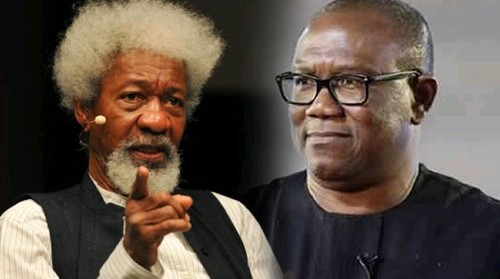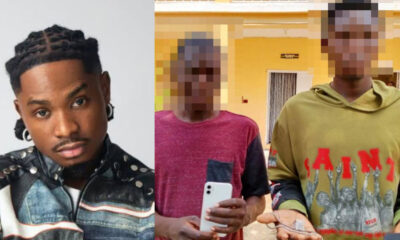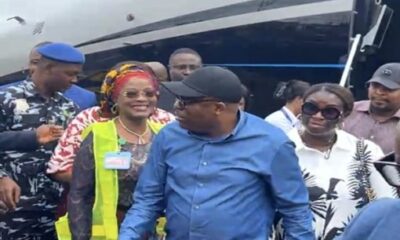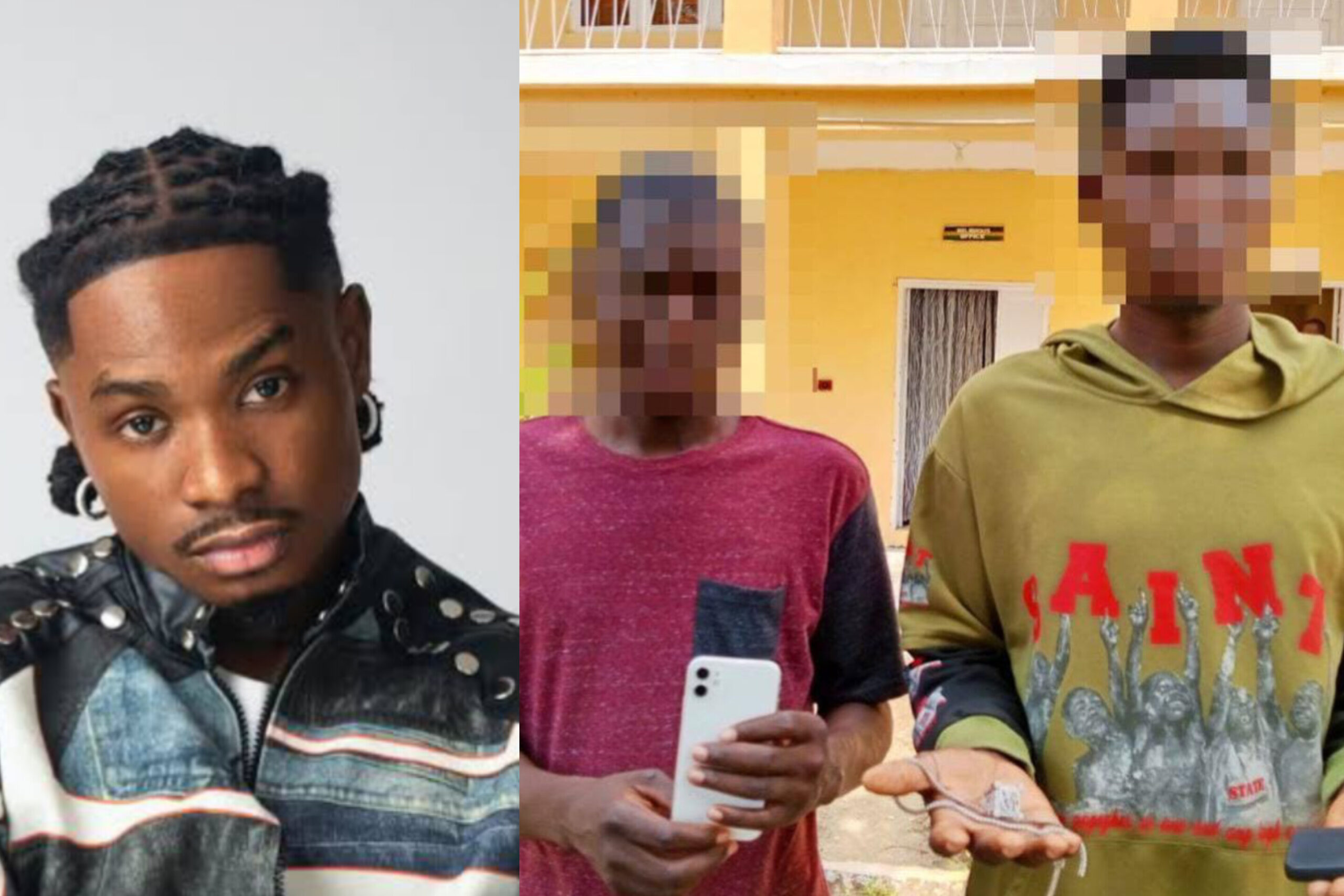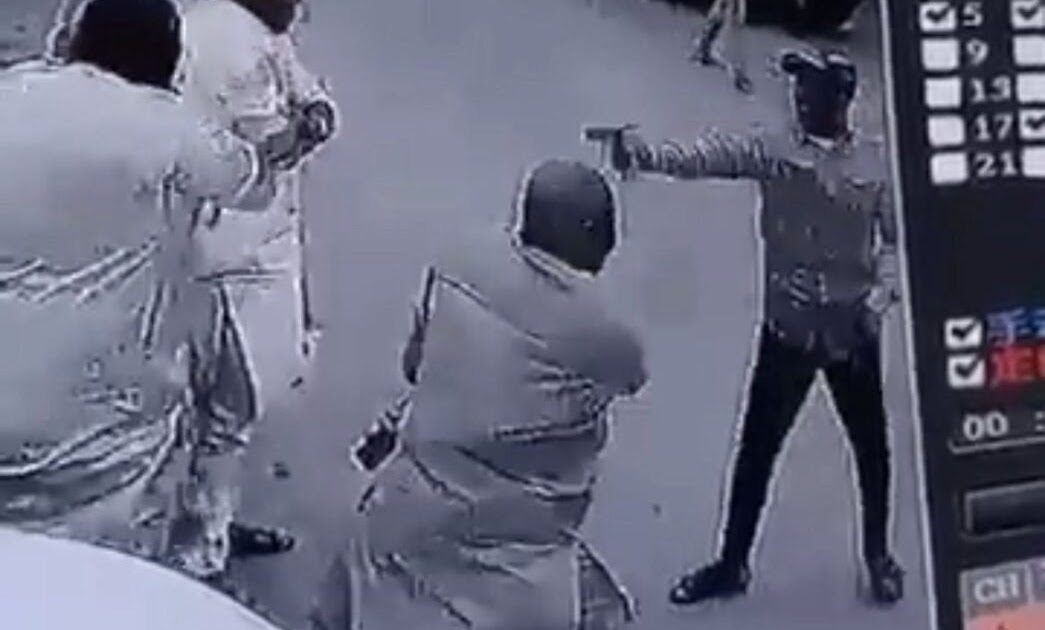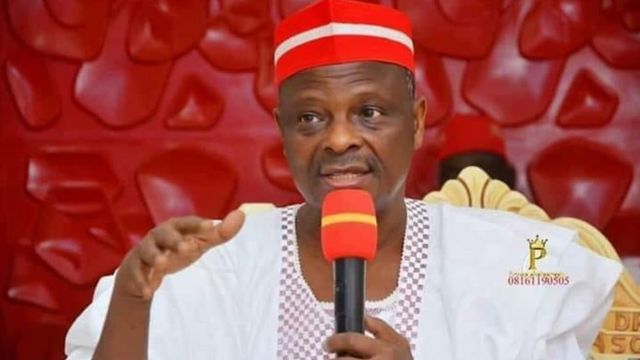- Says Obidients Can’t Stop Me From Saying The Truth
Nobel Laureate Prof. Wole Soyinka has declared that Peter Obi, the presidential candidate for the Labour Party in 2023, is unsuitable to govern the nation.
He said that this was made clear by the way his followers, dubbed “Obidients,” behaved during the general election campaign of 2023.
He claimed that Obi’s inability to stop his fans from harassing those who hold different opinions on the internet is evidence that he is unfit to be the leader of a nation the size of Nigeria.
The famous author further charged that Obi, a former governor of Anambra, was inciting “Obidients” to criticise him and other people who have different opinions on the internet.
The Nobel laureate, speaking in a recent interview with Noble Nigeria, said he hoped the former governor won’t contest the 2027 presidential election.
“I hope for the sake of the nation that he doesn’t express interest in the next election because for me as a leader if there was any proof that he was unfit to lead that country, it’s in the conduct which he encouraged among his followers. I know for a fact, and I can give you an instance that proves that he was in control of those forces.
“But it is for me a sad phenomenon, especially for those who want to lead a multi-texture society, different religions, different ethnic groups, different world views and who actually want to preside over sub-groups as one, it means that have already declared themselves incompetent to lead such entity and that’s it.”
Backing his claim that Obi was in control of the trolls, Soyinka said, “It’s simply because when he first came to visit me, you know, he did come at one time. And I watched him. I watched his actions and body language. It seemed to be very conciliatory.
“I remember the moment when he took out his (mobile device) after he made a statement like ‘Oh don’t worry. You don’t have anything to worry about these people. He was talking about ‘Obidients’. I remember he took out his phone, and he typed a message there. I was watching him very closely, I didn’t say a thing. And after that, everything seemed to be nice and cosy.
“And I saw and I read his statement about that meeting afterwards. The statement was a contrast to what actually happened, what we discussed, and I mentioned it in my response. It was a misrepresentation of what happened, and I made sure that I put a statement out saying ‘No, I’m sorry, this is not what was said. This language never came into it”.
The literary icon explained that it was surprising that Obi would, after the meeting, put out a different narrative of what really transpired.
“On the contrary. This is what happened, and so when I meet somebody who is incapable, even at a meeting which is supposed to be reconciliatory, of being completely honest. I look at that person and smile to myself. Of course, when I got to Stellenbosch and I was asked a question about this, I repeated exactly what had given ‘offence,’ only this time I made it even stronger. I said Peter did not win this thing (election). So I led them again to go on the rampage, and I went on about my own business.
“Don’t take my word for it. There were witnesses at the meeting. He came with two people and one person was from my side. Ask them! The statement he put out was not a reflection of what went on at that meeting, which I very reluctantly considered,” he added.
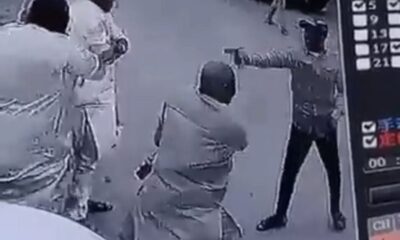
 BIG STORY17 hours ago
BIG STORY17 hours ago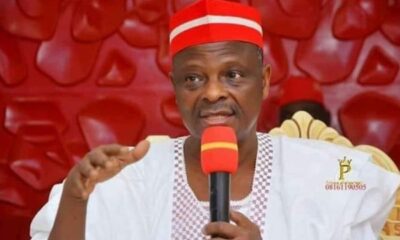
 BIG STORY2 days ago
BIG STORY2 days ago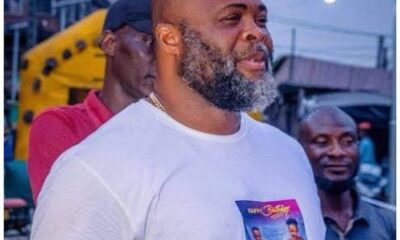
 BIG STORY3 days ago
BIG STORY3 days ago
 BIG STORY3 days ago
BIG STORY3 days ago
 BIG STORY3 days ago
BIG STORY3 days ago
 BIG STORY5 days ago
BIG STORY5 days ago
 BIG STORY5 days ago
BIG STORY5 days ago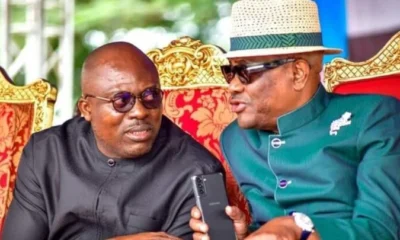
 BIG STORY3 days ago
BIG STORY3 days ago




